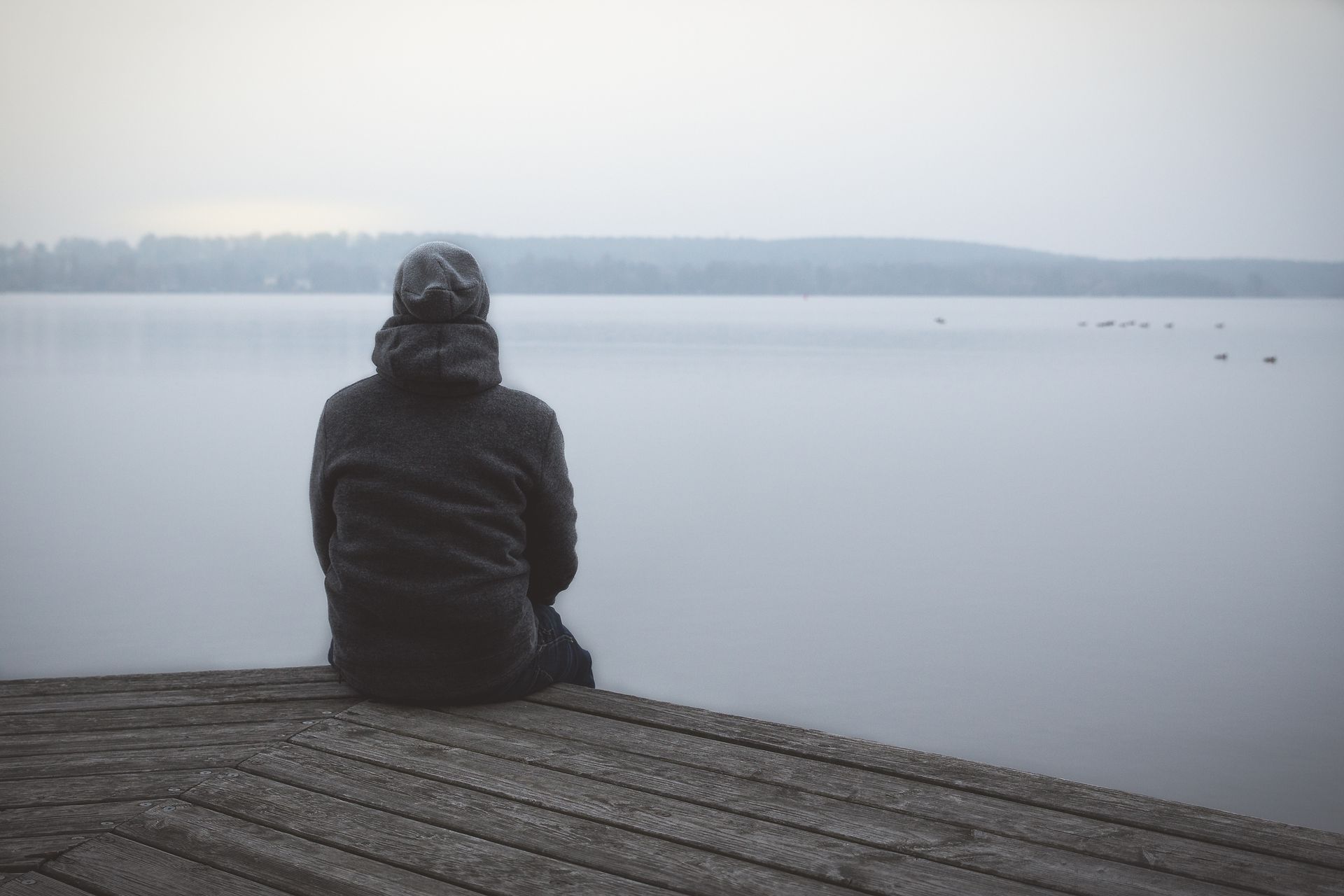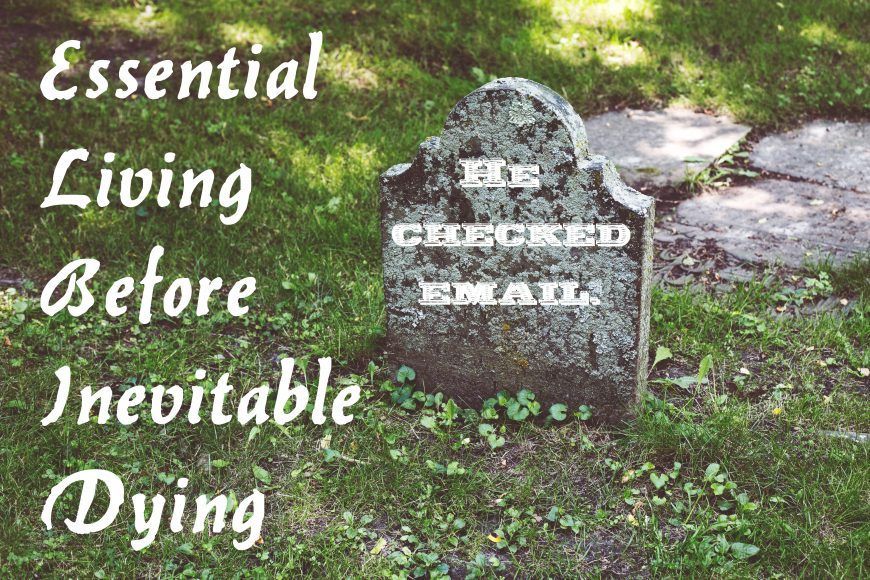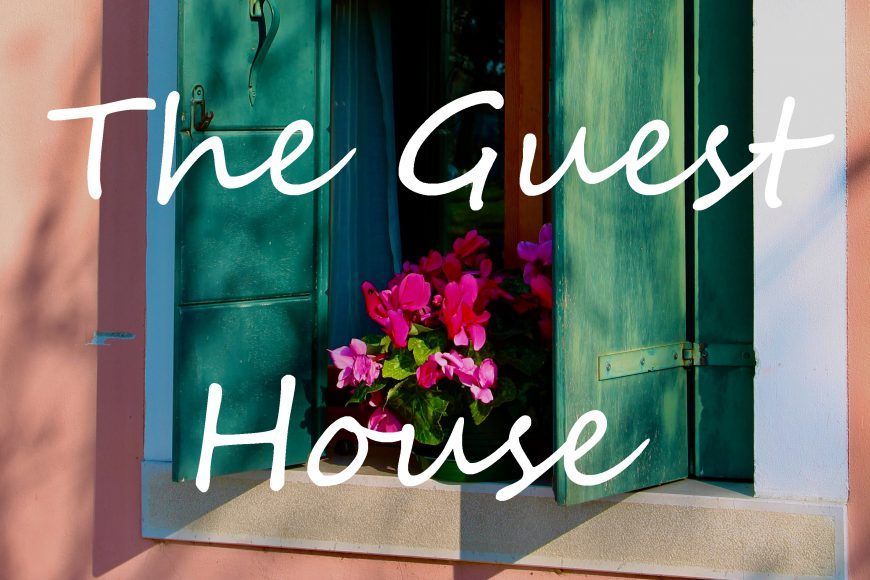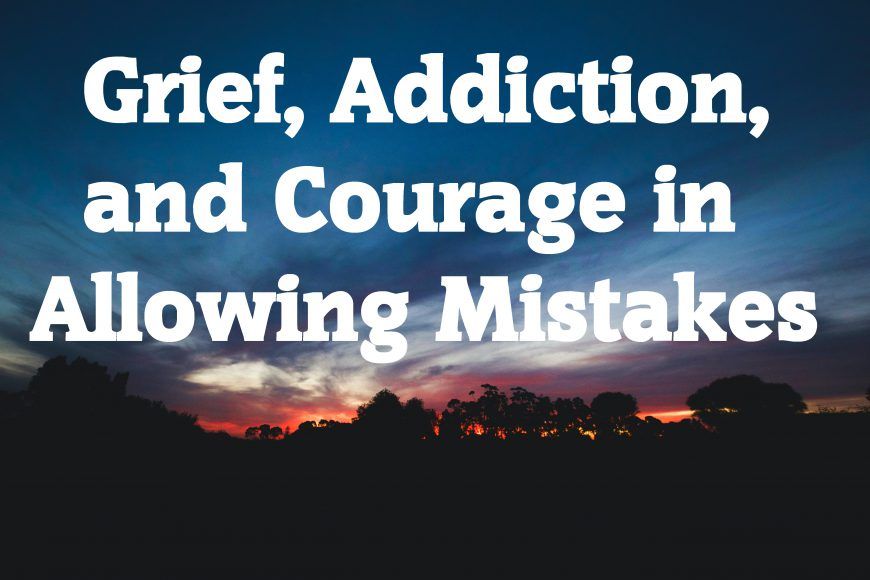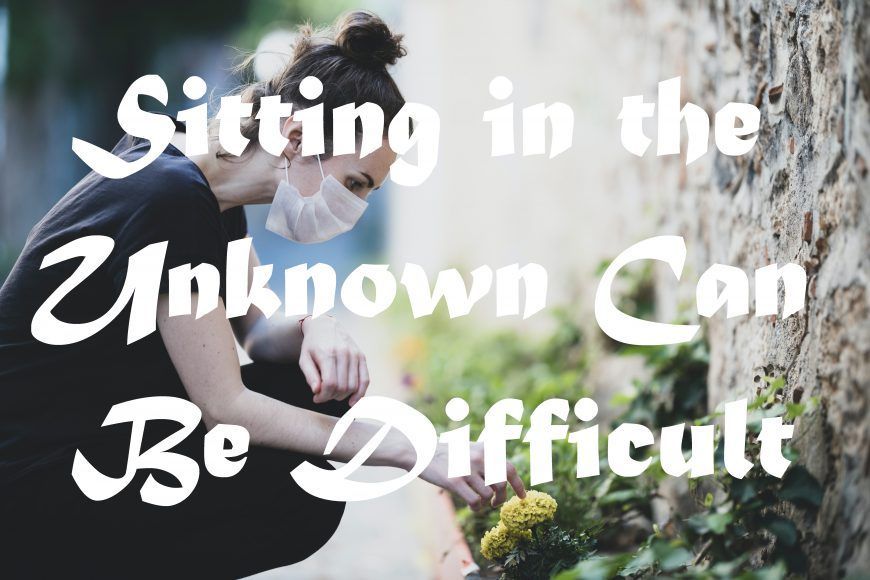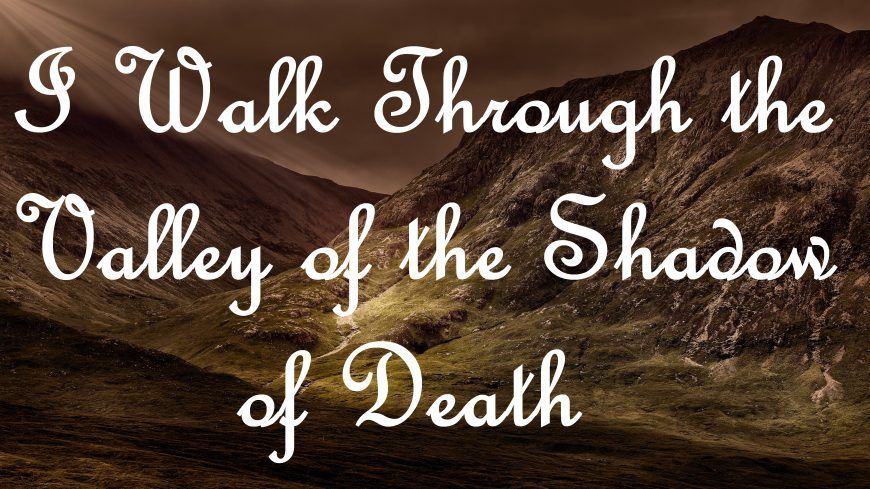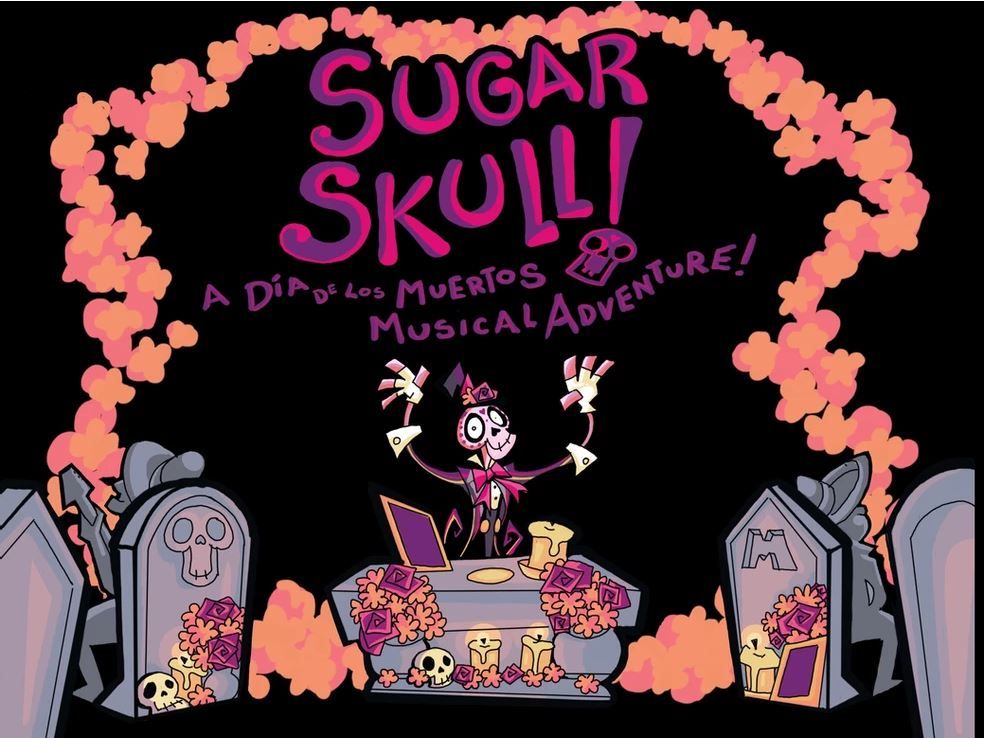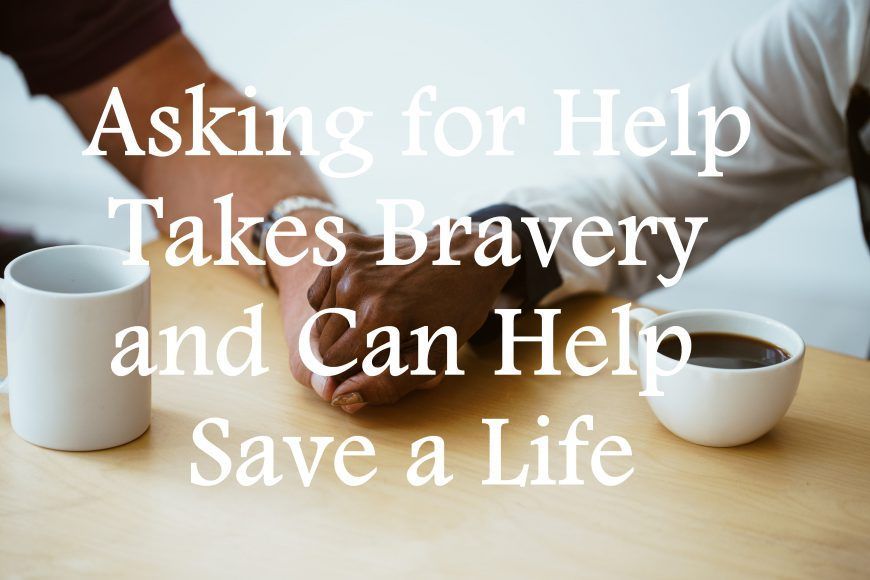Funeral Pre-Planning: Why You Should Start Today
Planning for your death: you don’t want to think about, you’d rather pretend it will never happen, you put it off like you put off the dentist. But here is the cold hard truth: we are all going to die one day. We know you are so busy living your LIFE that planning for the end is a daunting burden. That is exactly what it can become for those you leave behind if you do not take a moment to look into your options. Think of it as your retirement fund. Organizing it before you can even think of retiring is unsettling, but once you daydream of the vacation home and the scuba diving, it can be quite appeasing. Planning your end of life wishes can actually be a positive experience; and you can even decide to have your remains placed in a coral reef!
How To Pre-Plan Your Funeral:
1. Take responsibility
You need to take responsibility for end-of-life care. Planning ahead is a responsibility; a simple thing you can do to relieve the stress on your family after your passing. While daunting, pre-planning takes a few steps and some financial arrangements. Pre-planning eliminates the guesswork for your family and makes your final wishes known and respected.
2. Personalization
Shot out of a canon, buried under the ocean or put in a pine box after a traditional service: what kind of funeral do you want? Stating your end of life wishes means the ability to choose exactly how you want to go and be remembered. Most funeral homes today offer pre-paid services where you can choose your casket, flower arrangements and wake and pay it off while alive. More than casket selection, personalization means deciding where you want a service held, what religious functions should or should not be included, who should act as pallbearers, what music you want played and if you would rather cremation or burial. Finally, having a proper will made out will help ensure that your end of life needs are met. A legally binding document, detailing you and your family’s plan will avoid headaches when cousin Billy decides he knows best what you had wanted done with your remains.
3. Alternatives
Funeral pre-planning means more than simply finding the right casket or booking the proper
religious service. Today’s options means that you have alternatives to traditional funeral offerings. As we wrote in our Top 10 New Funeral Trends
, you can request eco-friendly water cremations, an at home funeral, natural burial in a green cemetery, writing out your life history
, themed funerals and more. If any of these options appeal to you, pre-planning can take the difficult decision making out of your family’s hands. People choose alternatives for many reasons including environmental
and personal
and there are many resources available to help you choose what is best for you.
4. Expenses
Typical funerals run anywhere from 4000$ to 7000$ . Depending on your wishes (shot into space?), this cost may be lower or much higher. Many funeral homes allow you to pre-pay your funeral. Many allow you to lock in at a pre-arranged price in order to avoid future costs. So a 200$ casket today that rises in cost to 400$ will still only cost you 200$. However, Gail Rubin writes:
“Pre-planning a funeral does not necessarily mean it’s pre-paid. There are arguments to be made both for and against pre-payment.”
The pros and cons to pre-paying are discussed in Gail’s informative article. Funeral and life insurance policies may help cover most of the cost of your funeral, but exceptions can always occur. However, the less your family needs to worry about expenses, the easier it will be for them to grieve in their own time.
5. How?
Pre-planning means creating, documenting and sharing your wishes. Their are online services which can help, as can your local funeral professional. Creating a legally binding will that can be accessed upon your death ensures your final wishes will be met. Take the time to look at your options, spend time with your family discussing your wishes, contact a professional(funeral or insurance company) and write your decisions on paper. From here you can keep a copy of your wishes with your local funeral professional, lawyer or share multiple copies with loved ones.
Checklist:
- What kind of religious service do I want?
- Do I want a memorial service?
- Are my finances in order?
- Does my family know my final wishes?
- What should my family do with my remains?
- Have I made a will?
- Do I have funeral or life insurance?
- Are my wishes written down?
- Are my final wishes in a safe and accessible area?
For more resources, interesting facts and information, visit The Qeepr Community
